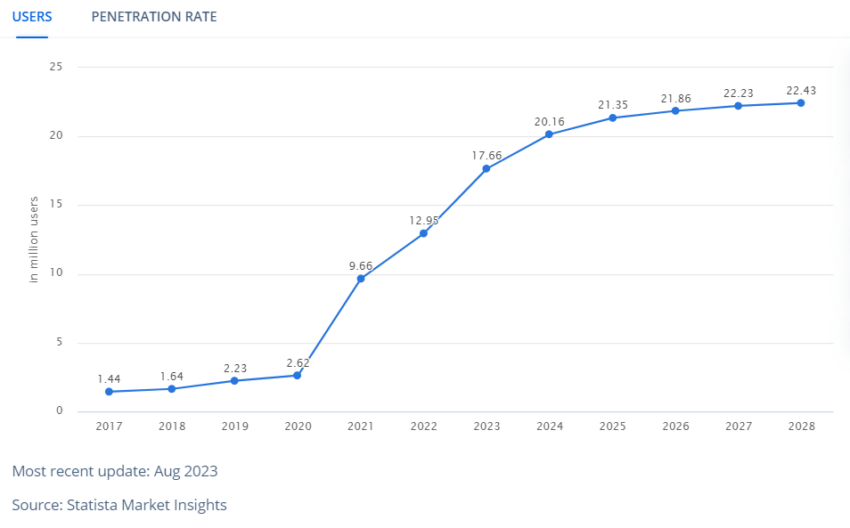The UK’s financial sector is witnessing a significant shift. UK City Minister Bim Afolami is calling upon young investors to pivot from the allure of crypto and direct their financial prowess towards the stability of stocks, particularly in domestic giants like NatWest.
This shift is a response to the evolving dynamics of the UK stock market and the stringent regulations recently imposed on the crypto sector by the Financial Conduct Authority (FCA).
Risk-Hungry UK Youth Flock to Crypto
Afolami, in a recent interview, underscored the persistent enthusiasm among the youth to own assets. However, he noted a gap in their perception of traditional markets as viable platforms for investment. Afolami emphasized the need to diversify investment portfolios beyond digital assets.
“That’s one of the things that I want to change — to say, don’t just own crypto, own a share of NatWest, don’t just own crypto, invest with your savings through automatic enrollment, invest in Britain.”
Despite these pleas, market analysts predict that the number of crypto users in the UK will climb above 20 million in 2024.

The UK stock market currently faces challenges, with a notable contraction in the number of liquid stocks. As highlighted by SocGen’s Andrew Lapthorne, there are only 319 UK stocks with a six-month average daily trading volume of $1 million or more.
This decline starkly contrasts with other major markets, underscoring the urgent need for rejuvenation. Lapthorne pointed to a broader trend of de-equitization affecting the global market.
“The trends are not encouraging.”
Read more: Crypto vs. Stocks: Where To Invest Your Money
FCA Implements Strict Crypto Rules
Concurrently, the FCA’s recent regulations on the crypto sector represent a major shift in the regulatory space. These new rules categorize cryptocurrencies as ‘restricted mass market investments,’ mandating rigorous compliance measures.
The FCA claims that these rules aim to safeguard consumers from the volatile nature of digital assets. However, it has also drawn criticism for potentially stifling innovation and limiting consumer choices within the UK’s crypto market.
The juxtaposition of these two financial sectors presents a pivotal moment for investors, especially the younger demographic. Afolami’s call to action is not just a suggestion but a strategic move to stabilize and revitalize the UK’s financial markets.
His emphasis on investing in domestic stocks like NatWest is a clarion call for a balanced and diversified approach to investment, one that aligns with the nation’s economic interests and offers more stable investments.
This transition period in the UK’s financial markets is a critical juncture. It demands informed decision-making by investors, guided by the evolving regulatory frameworks and market dynamics.
 beincrypto.com
beincrypto.com